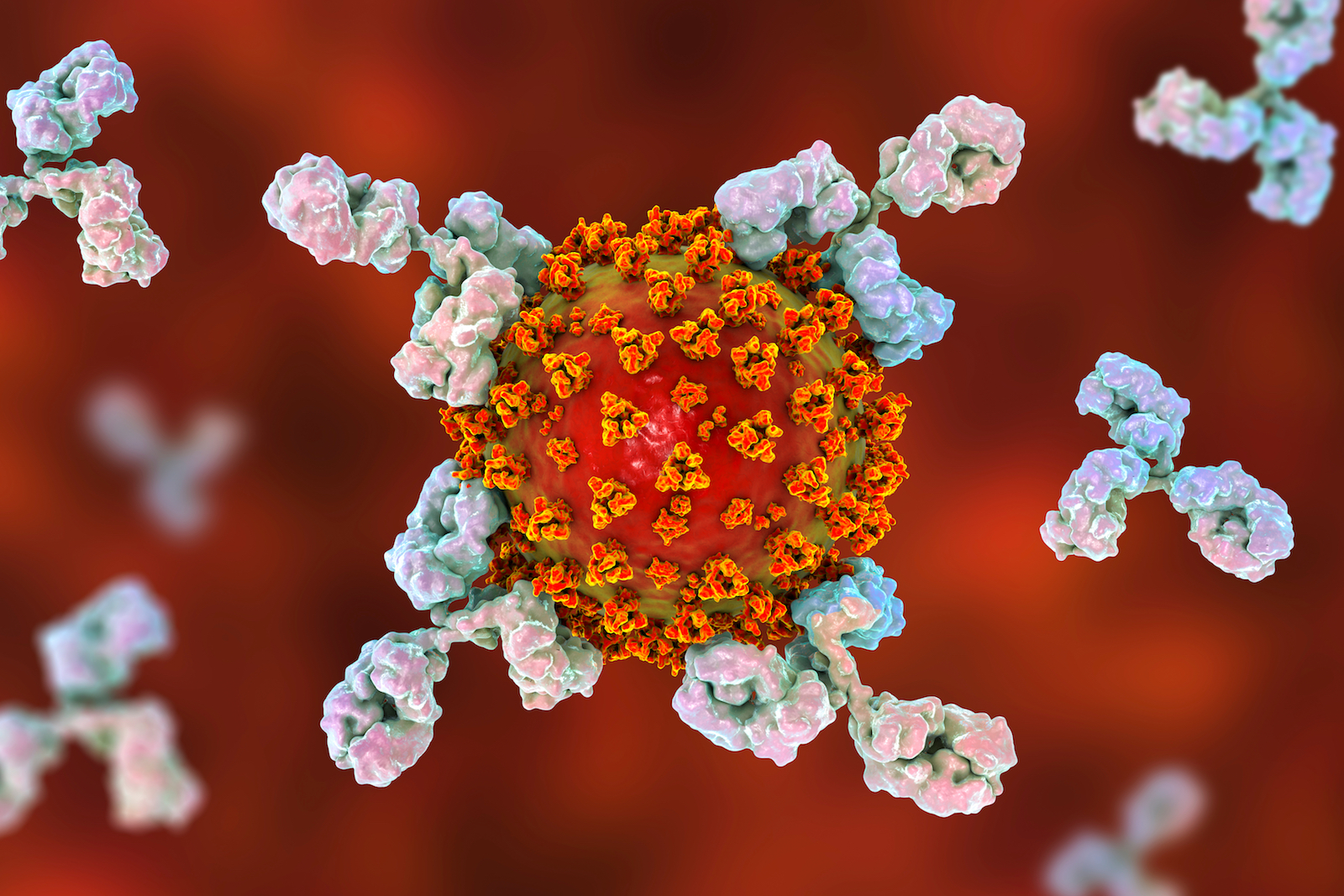We are used to thinking of ageing as the cause of many diseases. Yet in several cases it is the diseases themselves, more precisely the inflammation underlying them, that accelerate ageing.
Inflammation, a life-saving mechanism
Inflammation is actually very important for our survival: it is the main defense mechanism by which the immune system, in most cases, resolves infections by creating a hostile environment for fighting back an “intruder” and sweeping away the parts of tissue that have been damaged. Once the enemy is defeated, inflammation generally subsides and the body moves toward healing.The three mechanisms getting inflammation chronic
However, there are instances when the inflammation doesn’t switch off and becomes chronic. There may be several reasons for this.During a viral or bacterial attack, It may happen that all the actions put in place by the immune system are
not sufficient to eliminate pathogens, which may hide in the tissues perpetuating the inflammation.Other times the inflammatory state is activated by the immune system without a real reason, which often due to a genetic predisposition. The immune system produces
a calibration error and begins to perceive as intruder some part of the body, for example the joints or the intestine: this is how autoimmune diseases are triggered.In addition,
some substances or life-style behaviors contribute to keep the inflammation active and chronic, altering specific metabolic processes, such as smoking, sedentary lifestyle, junk food and certain foods, such as refined foods.
From a life-saving mechanism, inflammation can become chronic and contribute to accelerated aging

How fighting chronic inflammation
According to experts at Harvard Medical School in Boston, you can fight chronic inflammation with
7 moves:
- Through the choice of foods that can lower inflammation
- Through aerobic exercise, which must be performed in the right amount: neither too little nor too much, because even too much physical activity provokes an inflammatory response
- By reducing abdominal fat
- Through sleep, when not enough it facilitates inflammation
- Quitting smoking (if you smoke), with the help of specialized programs
- Limiting the consumption of alcohol
- Learning to reduce chronic stress
Nutrition, as you can see, comes first, but – Harvard doctors warn – many of the so-called anti-inflammatory diets are not based on science. Some solid data do exist on the role of the gut microbiota in modulating inflammation. Precisely on this topic, a
group of researchers from Stanford School of Medicine recently conducted a small study
published in Cell: they investigated the effect of two types of diets, one
high in fiber and one
high in fermented foods. Preliminary data show that the latter appears to increase the diversity of the microbiota and decrease the levels of 19 inflammatory proteins, including interleukin-6.
The immune system’s inability to clear infection, genetic predisposition, but also smoking habits, alcohol abuse, and poor dietary choices can chronicise inflammation
The Secret Killer

TIME CoverageIn 2004, chronic inflammation was dubbed “
The secret killer” by Time magazine. Unlike acute inflammation, in fact,
chronic inflammation is often silent: no obvious pain or symptoms to signal the presence of a problem, but more often some non-specific conditions such as: fatigue, muscle and joint pain, anxiety and depression, gastrointestinal problems, headaches, mental clouding.The appellation of “killer” is not excessive: if not recognized, over time chronic inflammation accelerate onset of those diseases considered typical of ageing.

 TIME CoverageIn 2004, chronic inflammation was dubbed “The secret killer” by Time magazine. Unlike acute inflammation, in fact, chronic inflammation is often silent: no obvious pain or symptoms to signal the presence of a problem, but more often some non-specific conditions such as: fatigue, muscle and joint pain, anxiety and depression, gastrointestinal problems, headaches, mental clouding.The appellation of “killer” is not excessive: if not recognized, over time chronic inflammation accelerate onset of those diseases considered typical of ageing.
TIME CoverageIn 2004, chronic inflammation was dubbed “The secret killer” by Time magazine. Unlike acute inflammation, in fact, chronic inflammation is often silent: no obvious pain or symptoms to signal the presence of a problem, but more often some non-specific conditions such as: fatigue, muscle and joint pain, anxiety and depression, gastrointestinal problems, headaches, mental clouding.The appellation of “killer” is not excessive: if not recognized, over time chronic inflammation accelerate onset of those diseases considered typical of ageing.



